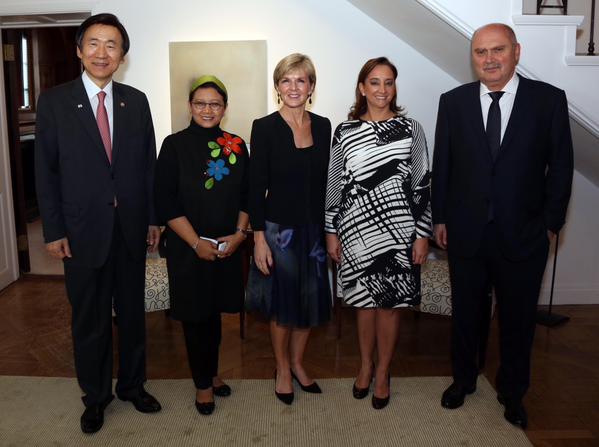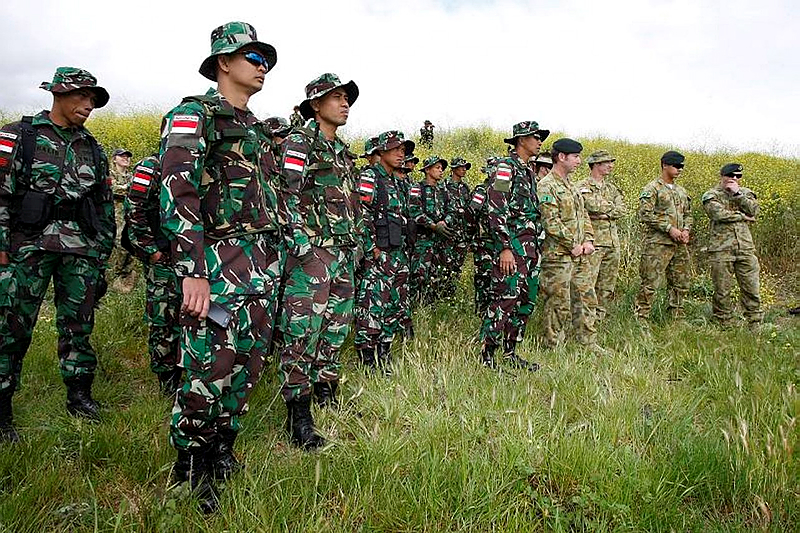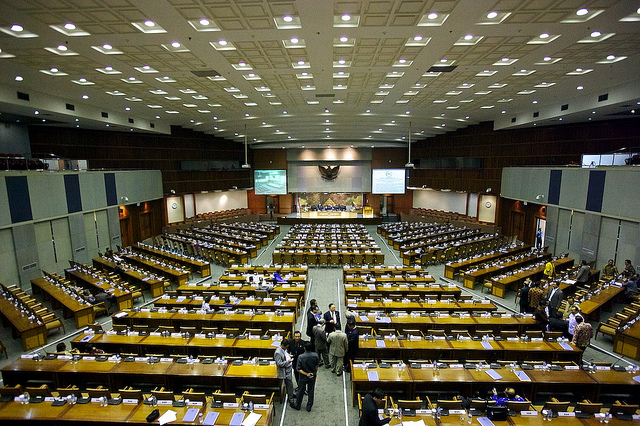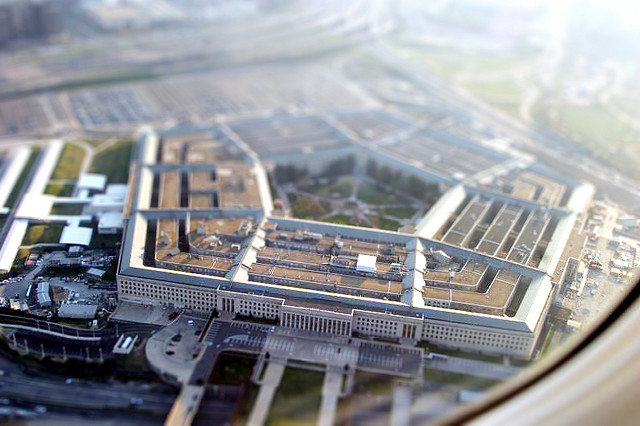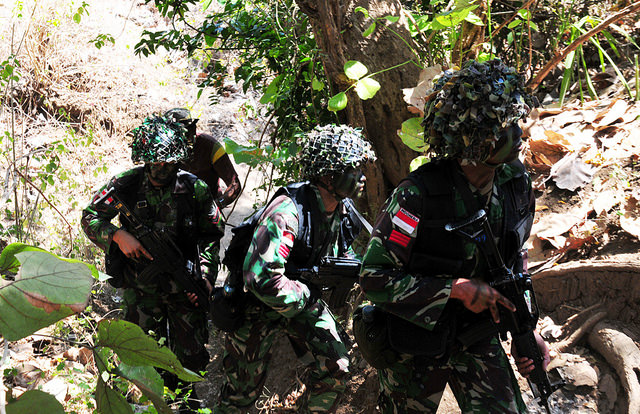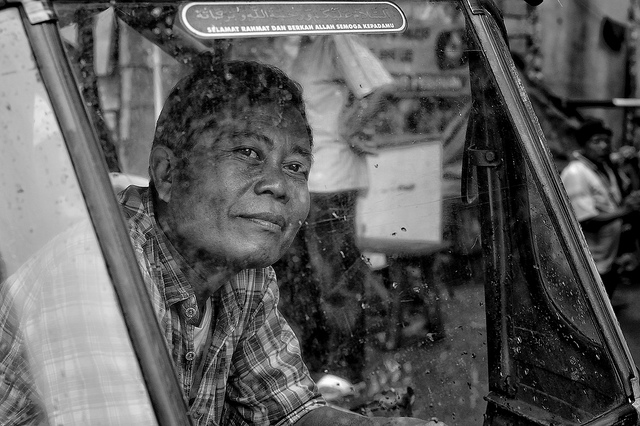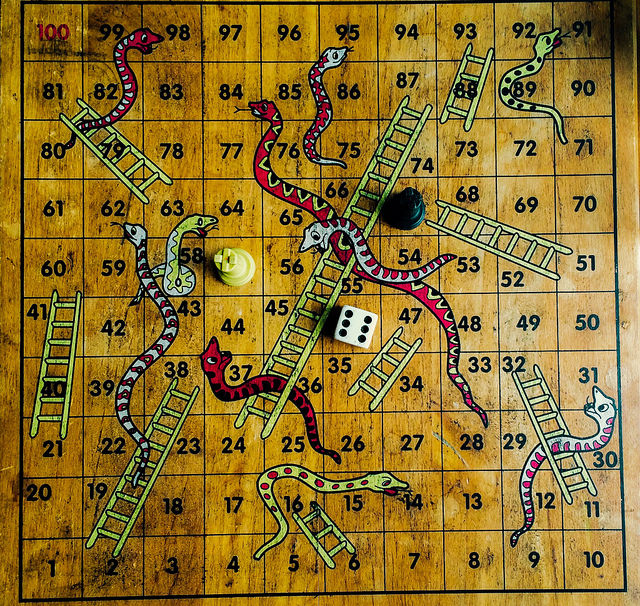Where is MIKTA heading next?
With a relatively small amount of media coverage, foreign ministers of five nations—Mexico, Indonesia, South Korea, Turkey and Australia—met in New York last week for the sixth MIKTA ministerial meeting. The meeting resulted in a joint communiqué and the creation of a special document concerning climate change. Despite some progress and new initiatives, MIKTA’s future direction remains unpredictable.
MIKTA was initiated in 2013 with some ambitious goals. At their first meeting, MIKTA foreign ministers drafted MIKTA’s aims, some of which are to strengthen multilateralism and provide creative solutions to global problems. In their joint op-ed published last year, the ministers intend to collectively play the role of agenda-setter. Different from BRICS (the acronym for the group of emerging economics comprising Brazil, Russia, India, China and South Africa) which often expresses confrontational stance vis-à-vis the US-led global order, MIKTA has rhetorically chosen to become a ‘bridge builder’.’
Despite these ambitions, MIKTA hasn’t developed as fast and become as institutionalised as the BRICS. Only after two foreign ministerial meetings, the earlier iteration of ‘BRIC’ was able to hold a summit level meeting in Yekaterinburg, Russia in June 2009, and later became BRICS after South Africa’s joining in 2010. Despite their many differences, BRICS countries found common interests and often act as a negotiating bloc. BRICS now has at least ten ministerial level meetings every year and numerous non-governmental forums. BRICS has even created a new development bank which many perceive as a rival to the World Bank. Compared to BRICS, MIKTA has maintained its somewhat low-level institutionalisation.
There are at least three challenges which constrain MIKTA’s development. First, defining ‘MIKTA’s common interest(s)’ in conceptual terms isn’t always easy. Sharing democracy and human rights values might provide MIKTA with fundamental modalities for cooperation, but in many cases, internal politics and rivalry between domestic interest groups can constrain democratic states committing to international cooperation. The high degree of domestic crowdedness in democratic MIKTA countries is much higher than those in BRICS where its most powerful member is not democratic. Last year, a prominent minister in Indonesia, for instance, suggested that Indonesia quit the G-20 because the group couldn’t provide any tangible benefit for the country. This kind of domestic crowdedness might happen in the case of Indonesia’s MIKTA membership, too.
The second challenge is that it’s still unclear whether MIKTA countries can move beyond their traditional foreign policy postures. How will Indonesia, for instance, maintain a balance between its commitment with MIKTA and on the other hand with ASEAN, which has been the cornerstone of Indonesia’s foreign policy for decades?
Third, if MIKTA wants to become a collective ‘bridge builder’ and ‘force for good’, do they really have leverage to offer? Those five countries claim to be ‘like-minded,’ but how close are they actually? Individual MIKTA countries have positive records as constructive diplomatic actors, but to make those individual achievements collective isn’t easy, especially given divergent interests.
MIKTA leaders might be aware of these challenges, which could be a reason to maintain its informality. Informality might allow MIKTA countries to explore a wide range of alternatives and engage with countries at different levels of power and various ideologies. But, by keeping it informal, MIKTA would become merely a consultative forum without any significant global influence.
Three things are important for the future direction of MIKTA. First, MIKTA needs a summit of leaders to raise its profile as well as push for more robust interaction among its members. It needs greater political willingness from top levels of leadership in all member nations. Until now, there’s been no statement from any MIKTA heads of states/governments which endorses the importance of MIKTA. It’s unclear whether its heads of state really want MIKTA as a venue to discuss foreign policy.
Second, given variation among MIKTA members, it’s important to keep the group focused: not too broad, not too ambitious. Although it’s not a negotiation bloc, MIKTA could become an issue-based coalition, providing strategic solutions and breakthrough proposals to selected global issues which international community is facing lingering deadlocks, such as climate change, IMF reforms and UN reforms. This could signify the importance of MIKTA in the eye of other global actors. At practical level, MIKTA needs to add working group mechanism to existing foreign ministerial meetings.
The third suggestion is that MIKTA needs to be more inclusive than BRICS. Inclusiveness matters because five current members of MIKTA have relatively modest power to influence multilateral events. None of the member states are either predicted to be great powers in the near future or considered to be future permanent member of the UN Security Council. Therefore, MIKTA should set up a platform for outreach to other countries, including those which are non-G20 members, and regional organisations.
To improve its real strategic significance, MIKTA needs to hold a leaders’ summit, create case-by-case working groups, and set up an inclusive outreach mechanism. Those things are first steps to become a part of global solutions, as MIKTA foreign ministers wish.

